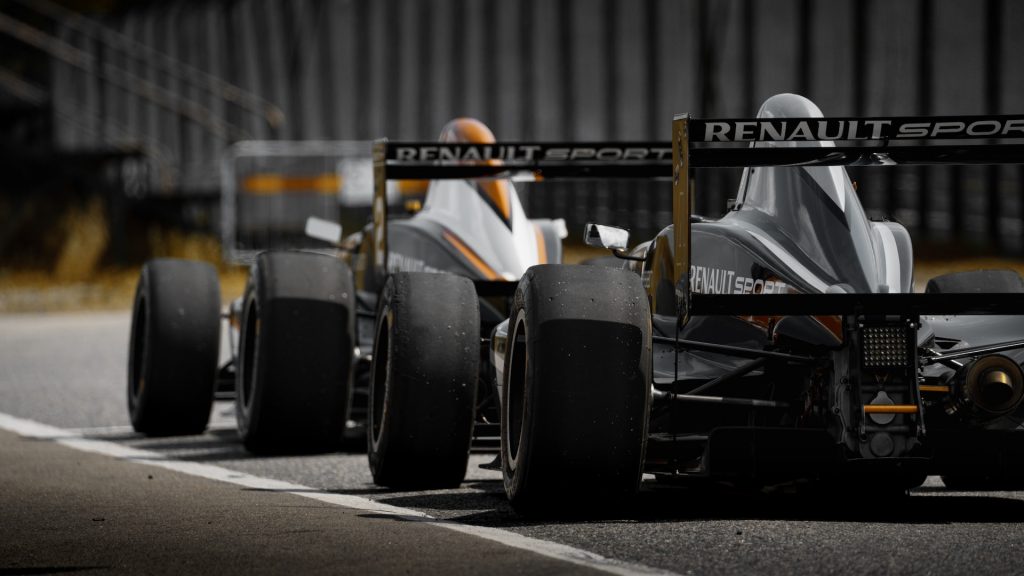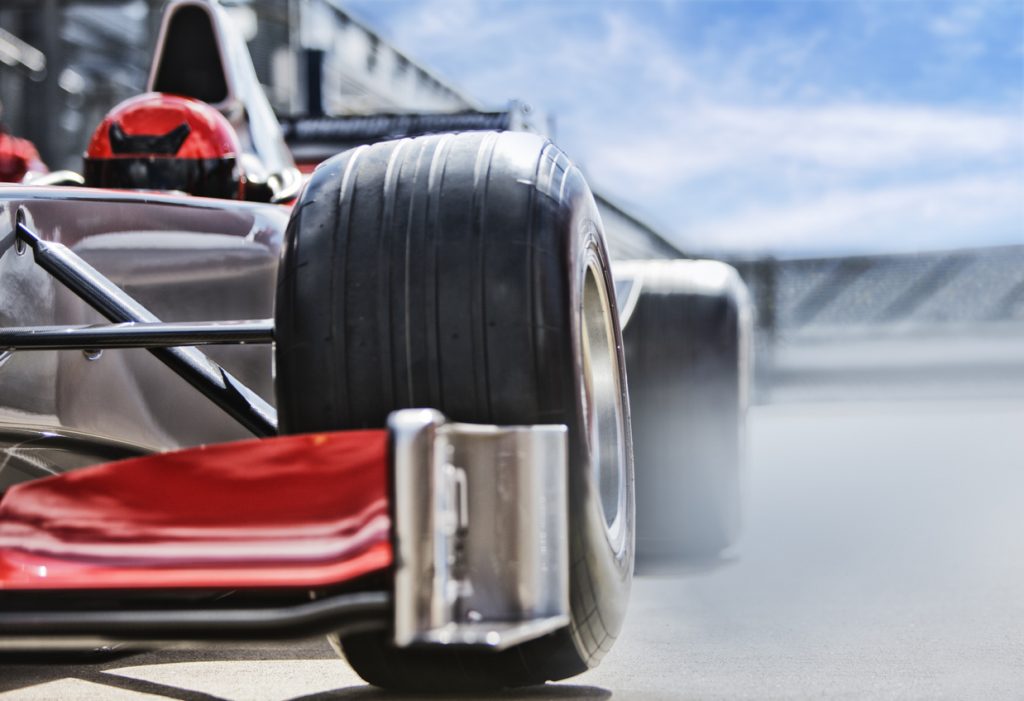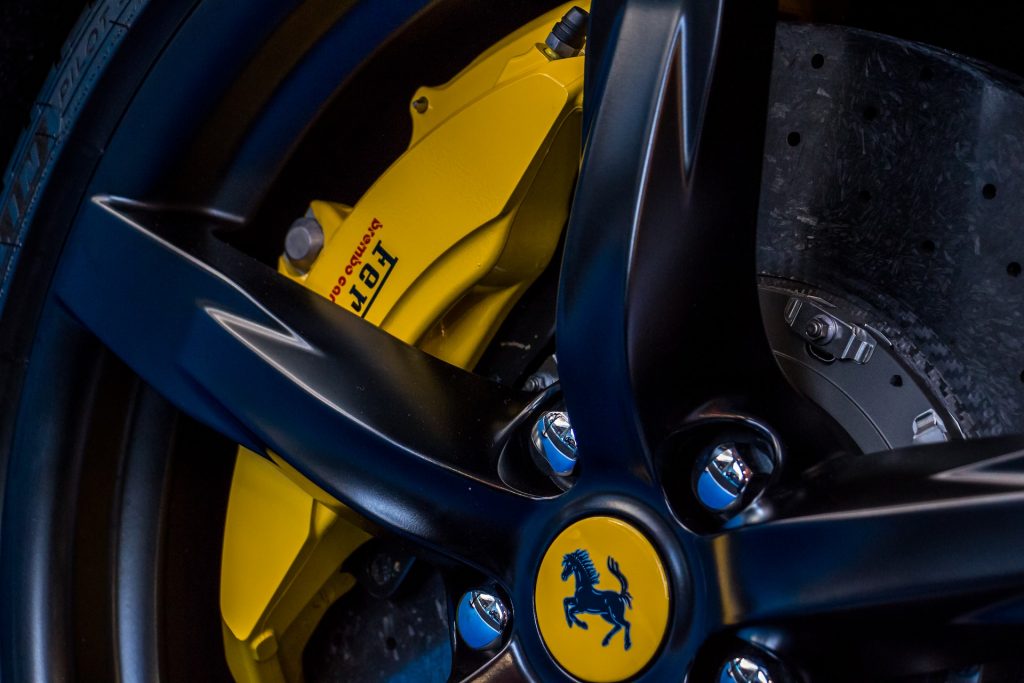There’s more to motorsport than speed.
As anyone who has been to a Formula 1 race will tell you, central to the whole experience is the noise. Not just the volume, but the pitch and frequency. They don’t call it engine tuning for nothing.
But this quintessential dimension of auto racing is under threat. Fossil fuels, for reasons we are all familiar with, are on their way out and the motorsport industry is having to adapt, quickly.
Racing championships have been taking a variety of approaches to decarbonisation, but hydrogen is looking increasingly as though it is in pole position to dominate the future of the sport. And the race for how it will be used, in fuel cells, burned directly in internal combustion engines (ICEs) or as a component in e-fuels, is on.
The first racing series using exclusively hydrogen fuel cells, off-road championship Extreme H, is set to launch in the second quarter of 2024. Created by Formula E founder and alternative fuels visionary Alejandro Agag, the first prototype vehicle is set to begin testing in June of this year.

The first racing series using exclusively hydrogen fuel cells, off-road championship Extreme H, is set to launch in the second quarter of 2024.
Running a series of races in the world’s most toughest environments is not without its challenges and the organisers of Extreme H are developing solutions in areas such as refuelling that are likely to benefit the broader motorsport industry.
For instance, a mobile hydrogen filling station built by TotalEnergies that cools and compresses the stored hydrogen has been developed, while mobile electrolysis units mean that hydrogen can be produced wherever there is sunshine.
If fuel cell vehicles and all the related infrastructure can reliably run in such environments, they can do so anywhere. However, hydrogen fuel cells don’t address the noise deficit associated with battery electric vehicles, such as those used in Formula E.
That may be less of an issue in cross-country races where much of the racing takes place away from spectators, but for track races it is.
Fortunately, for “petrol heads” fearing the end of motorsport as they know it, hydrogen has more tricks up its sleeve.

The first racing series using exclusively hydrogen fuel cells, off-road championship Extreme H, is set to launch in the second quarter of 2024.
As well as being usable in fuel cells, hydrogen can be burned in modified internal combustion engines, providing very similar performance to petroleum-based engines.
In fact, Porsche has developed a hydrogen engine prototype for luxury sports cars that will match a V8, 4.4-litre ICE while also reducing fuel consumption and maintaining emissions equivalent to ambient air.
“Internal combustion engines can be very easily converted to hydrogen; put different injectors in, remap the ECU and there’s this entire infrastructure of engines that are available. It’s much easier to establish a hydrogen infrastructure than an electric infrastructure,” Cosworth CEO Hal Reisinger told Autosport magazine recently. “It’s the present,” he said in response to a question about how far away a hydrogen-powered engine is for Cosworth.
Hydrogen combustion engines are particularly important for the lower echelons of motorsport where they don’t have the budgets of the likes of Formula 1 to develop and service wholly new technologies.

Porsche has developed a hydrogen engine prototype for luxury sports cars that will match a V8, 4.4-litre ICE while also reducing fuel consumption and maintaining emissions equivalent to ambient air.
A major factor for JCB when deciding to embrace hydrogen combustion engines for its plant machinery instead of fuel cells was the ability to leverage existing know-how in its workforce and suppliers.
Importantly for the entertainment factor, hydrogen ICEs can also generate that throaty growl beloved of motorsports fans.
“I personally see a great future in hydrogen combustion and now the racer is speaking, because I love that with this technology you can keep the sound,” said AVL Racetech motorsport director Ellen Lohr.
Hydrogen also competes with traditional fuels in terms of range, a particularly important issue for endurance races, such as Le Mans.
While battery electric vehicles are “not adapted for endurance racing” due to range constraints, hydrogen allows refuelling rates and range that are competitive with petroleum ICE vehicles, according to hydrogen consultant to the Automobile Club de l’Ouest Bernard Niclot. The zero-emissions solution for endurance racing “is a hydrogen option,” he says.

Hydrogen has the backing from some major players in motorsport.
Hydrogen also has the backing from some major players in motorsport. Toyota World Rally Championship boss Jari-Matti Latvala raced a Corolla powered by hydrogen ICE in the Fuji 24 Hours last year, while Toyota company president Akio Toyoda demonstrated a hydrogen ICE GR Yaris on a stage of the Ypres Rally last year.
MissionH24 has been racing against conventional combustion LMP3 and GT3 cars in the European Le Mans Series-supporting Michelin Le Mans Cup series with a fuel cell racing car. A hydrogen category for the World Endurance Championship and Le Mans is planned for 2026.
Hydrogen also has a major role to play for those race series that are looking at synthetic fuels, also known as e-fuels, to replace petroleum.
Formula 1 announced last year that teams will have to use 100% sustainable fuels from 2026 and that it has been working with Saudi oil giant Aramco on the development of an e-fuel as a drop-in replacement for the varieties of unleaded petrol it has been using since 1992.
E-fuels are created by combining green hydrogen from electrolysis with captured CO2 to make products that are very similar to traditional fuels. While they release CO2 into the atmosphere when burned, it is only equivalent to that which is captured to make them in the first place, making them carbon neutral.
Advantages of e-fuels include the fact that existing internal combustion engines can run on them, meaning that fans of Formula 1, and any other race series that adopts them, will not be deprived of the all-important noise that sends shivers down their spines.
To learn more about Ryze Hydrogen, click here.






